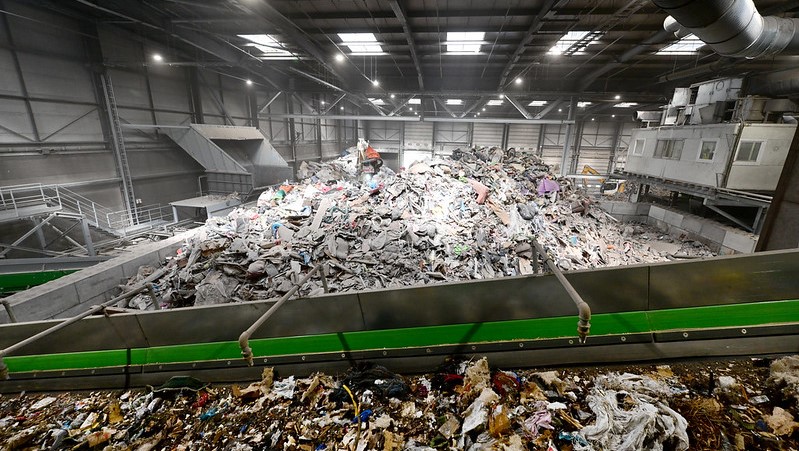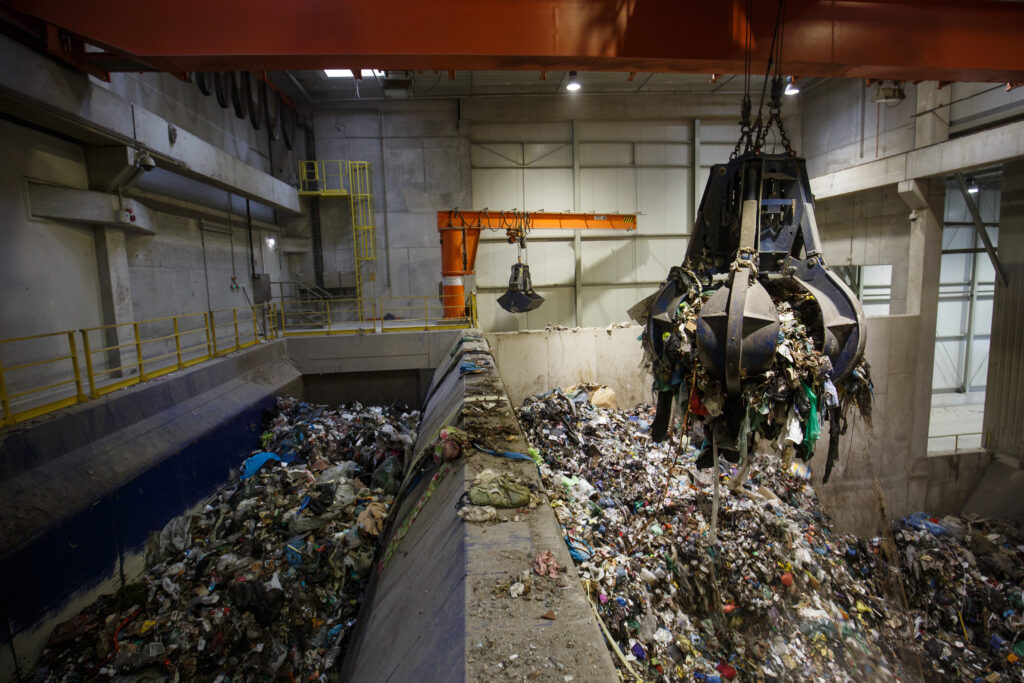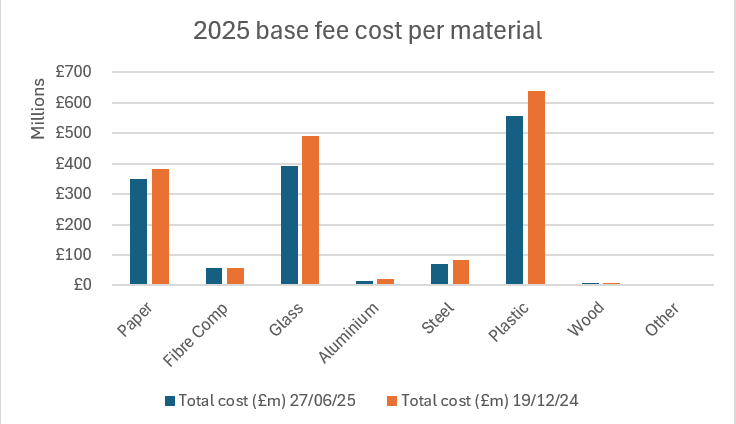The response will be significant for EfW plant operators, as it could end up costing the sector up to £800 million a year (see letsrecycle.com story).
However, many aspects of the tax are still to be determined. The government said stakeholder feedback strongly indicates that some level of cost pass-through will occur between operators of incinerators and EfW facilities and their customers.
“We understand this may raise the costs of waste disposal, particularly for local authorities. We are committed to exploring these cost impacts in further detail before establishing the exact policy design for how EfW will be included in the UK ETS”.
Scheme
The UK emissions trading scheme went live on 1 January 2021, replacing the European Union’s scheme. However, it remains in its early stages with various deadlines. EfW is also included in the EU’s scheme.
In March 2022, the ETS authority made up of the UK Government, Scottish Government, Welsh Government and the Department of Agriculture, Environment and Rural Affairs in Northern Ireland, consulted on proposals to develop the ETS.
This included plans to expand the scope of the tax to include EfW and maritime sectors, both of which have been carried forward.
Evidence
As part of the consultation, a call for evidence was launched on expanding the UK ETS to the waste sector, specifically including EfW and waste incineration with no energy recovery.

This, the response document said, came on the back of a number of reports calling for this to happen, including the Climate Change Committee’s 2021 progress report which stressed that government needed to “address with urgency the rising emissions from, and use of Energy from Waste.”
In the Call for Evidence, government proposed exploring expansion of the UK ETS to waste incineration and EfW by the mid-to-late 2020s. This was on the basis that this would align with wider reforms to resources and waste policies later this decade and would help to achieve the UK Government’s target to halve residual waste arisings (excluding major mineral wastes) on a kilogramme per capita basis by 2042 from 2019 levels.
Timings
When asked if they agree with the timings for including EfW in the scheme, there were 63 respondents of which 25 respondents (40%) agreed with the proposed timing for including EfW and waste incineration in the UK ETS.
There were 112 respondents who commented with their views on the question, some of whom called for a more specific timing proposal, with 10 (9%) calling for implementation to be before 2028, 18 (16%) saying it should be during 2028, and nine (8%) after 2028.
According to the document, respondents also highlighted the importance of aligning inclusion with other waste policies, including landfill bans and the policies in the Resources and Waste Strategy.
2028 will give a five -year period for the sector and their customers to prepare for implementation
Government response
The ETS authority said it “recognises the concerns raised with the timings proposed and agree with respondents that adequate notice is required before including parts of the waste sector in the UK ETS, so that operators and their customers can prepare for implementation.”
“Therefore, we intend to include EfW and waste incineration in the UK ETS from 2028. This will give a five -year period for the sector and their customers to prepare for implementation. We are minded to include a two-year phasing period, from 2026-2028, where installations will monitor their emissions, but we will consult on this further.”
Obligation
Importantly, the tax may not cover all material processed at EfW plants. Some respondents argued that it would be unfair to place a tax on items, such as POPs waste, which by law must be incinerated.
The authority responded by saying: “We are not minded to exempt hazardous waste from the UK ETS. However, we will further consider any risks this might pose, such as carbon leakage (waste exports) or increased waste crime, and aim to consult on potential mitigation options by the end of 2023 if necessary.”
The response took a similar line for clinical waste. The government will however consider the implications of this position, “particularly in relation to the cost impacts for health services in the UK, and aim to consult on by the end of 2023 if necessary.”
The government had also proposed that the UK ETS would apply to the processing of fossil waste only. This would mean that participants would only have to surrender UK allowances for their fossil emissions, in line with IPCC standards on estimating the climate impact of waste incineration.
On this, the government said it is committed to exploring these options in further detail, including accuracy, preparation and operating costs, sampling frequency, capacity, possible calculation methods for emissions factors, and alternatives.
The Authority intends to cover fossil CO2 emissions in expanding the UK ETS to waste incineration and EfW. “However, we may explore covering other greenhouse gases in the future, such as methane, should the UK ETS be expanded to the wider waste sector.”
Impact
In terms of costs being passed down to local authorities and others, the authority said it “acknowledges the wide-ranging feedback from stakeholders on the impacts that the policy may have”.
However, the authority said it believes that the UK ETS could facilitate reductions in emissions and increased efficiency of EfW plants. This could be achieved through incentivising increased levels of recycling, mixed waste sorting to remove fossil content from residual waste, and carbon capture.
Measures
Other points of note from the response include:
- The tax will include all forms of EfW technology in order to “maintain a level playing field”
- The point of obligation for the tax will fall on the operators of the plant
- The Authority is committed to exploring different mechanisms for distributing costs of the UK ETS fairly, for example through linking to EPR
- Minded to implement a two -year period where operators will monitor, report and verify their emissions from 2026-2028, before full cost exposure
- Other policies coming into force between now and 2028 will need to work alongside UK ETS scope expansion
- Government will explore the potential impacts of including other parts of the waste management sector in the UK ETS in the future
- The threshold for inclusion of an installation into the main UK ETS will be 1,000 tonnes of CO2 per annum











Subscribe for free